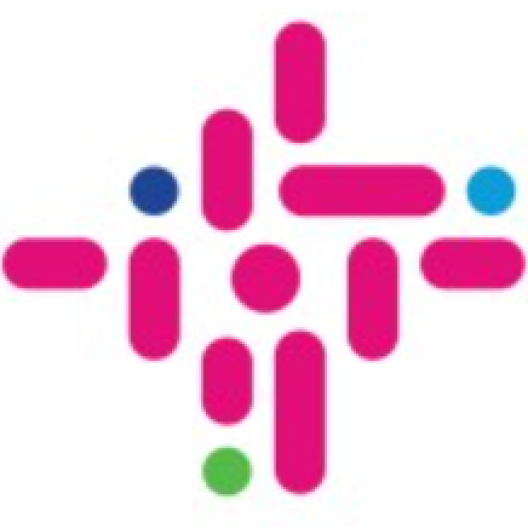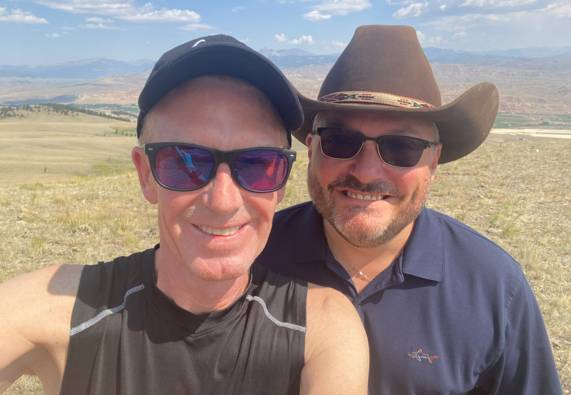
Klaus Goodwin on the Importance of Fighting HIV Stigma
Interviews
Klaus Goodwin, Executive Director, R&D Quality & Compliance at Organon, reflects on what World AIDS Day means to him and what he hopes to see next in the fight against HIV Stigma.
Hi Klaus - can you tell us a bit about yourself?
My name is Klaus Goodwin, I’m Exec. Director, R&D Quality & Compliance, supporting Organon’s global, preclinical and clinical research and development Organization from a quality and compliance perspective. Organon is a commercial-stage pharmaceutical company focusing on Women’s Health with the vision of creating a better and healthier every day for every woman.
What does World AIDS Day mean to you?
World AIDS Day has been important to me since its inception back in 1988; I was a young gay adult at the time when the AIDS epidemic hit, and I actively engaged in the community of the town where I went to university, caring for HIV/AIDS patient in a hospice type of setting.
This time tremendously influenced my thinking and compassion for care and taught me a lot, preparing me to some extent for what was to come when my own brother was impacted by AIDS in the early 2000s and died in 2008.
Considering that four decades into the HIV response, inequalities still persist for the most basic services like testing, treatment, and condoms, and even more so for new technologies. For example:
- Young women in Africa remain disproportionately affected by HIV, while coverage of dedicated programs for them remains too low.
- In 19 high-burden countries in Africa, dedicated combination prevention programs for adolescent girls and young women are operating in only 40% of the high HIV incidence locations.
- Only a third of people in key populations — including gay men and other men who have sex with men, transgender people, people who use drugs, sex workers, and prisoners — have regular prevention access.
- Key populations face major legal barriers, including criminalization, discrimination and stigma.
So HIV/AIDS remains important to me.

Throughout your life, have you ever witnessed HIV stigma?
While working at an HIV/AIDS hospice for about 3 years back in the late 80s, I experienced stigmatization of HIV patients on numerous occasions; my assumption at the time was that it was triggered by a lack of knowledge and education, out of prejudice and fear; I’d be interested in how statistics regarding HIV/AIDS stigmatization in the Western world vs. developing countries look like now, considering that it’s gotten so “calm” and “normal” with this disease.
Will you be doing anything to mark World AIDS Day this year?
I’m active in Organon’s Pride Employee Research Group (OPN), and this year committed to ensure awareness through the generation of a global communication/article reflecting on this year’s World Aids Day under the theme of Equalize; personally, I will think of my brother.
What do you hope to see next in the fight against HIV stigma?
Continued education across the globe and equity and access to HIV/AIDs prevention and treatment programs globally; I think with Covid-19, the majority of us have been put on the same level of pandemic experience. I hope this will generate some compassion for HIV/AIDS impacted patients – a disease and crisis that seemed to have gotten a little out of the limelight recently but is far from being cured or beaten.

